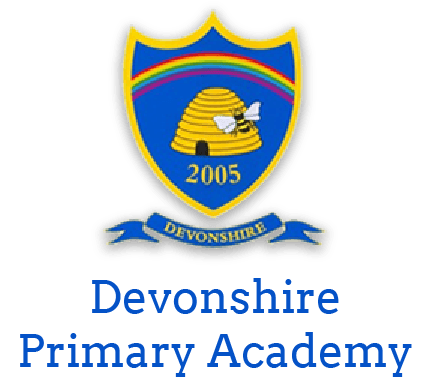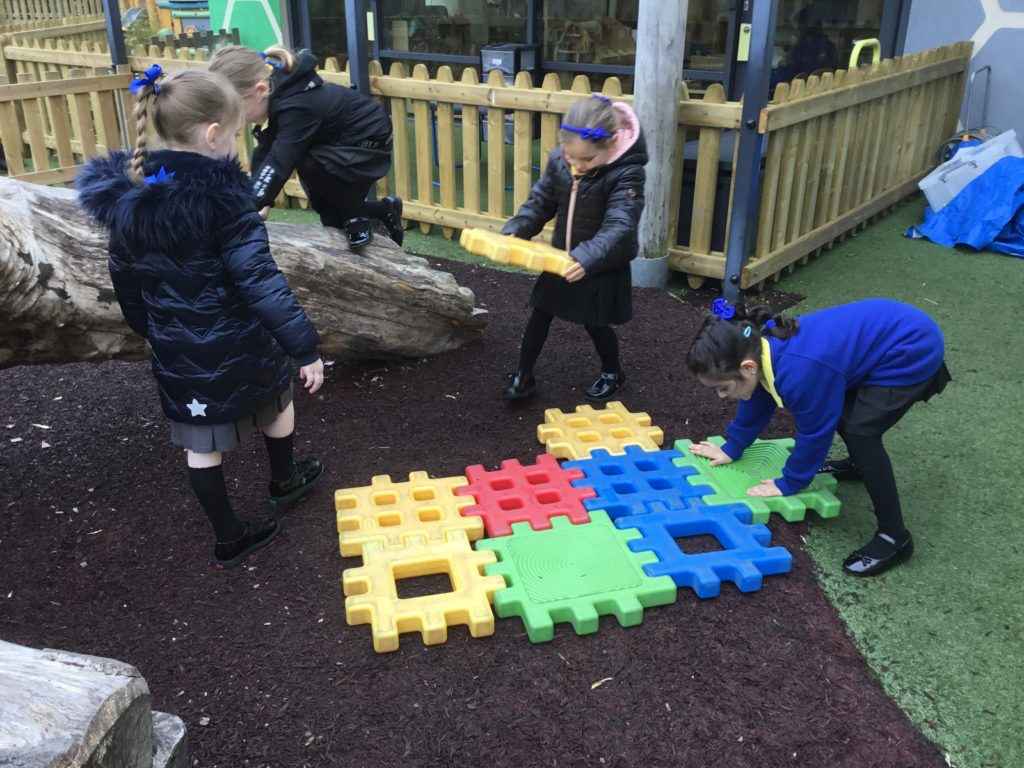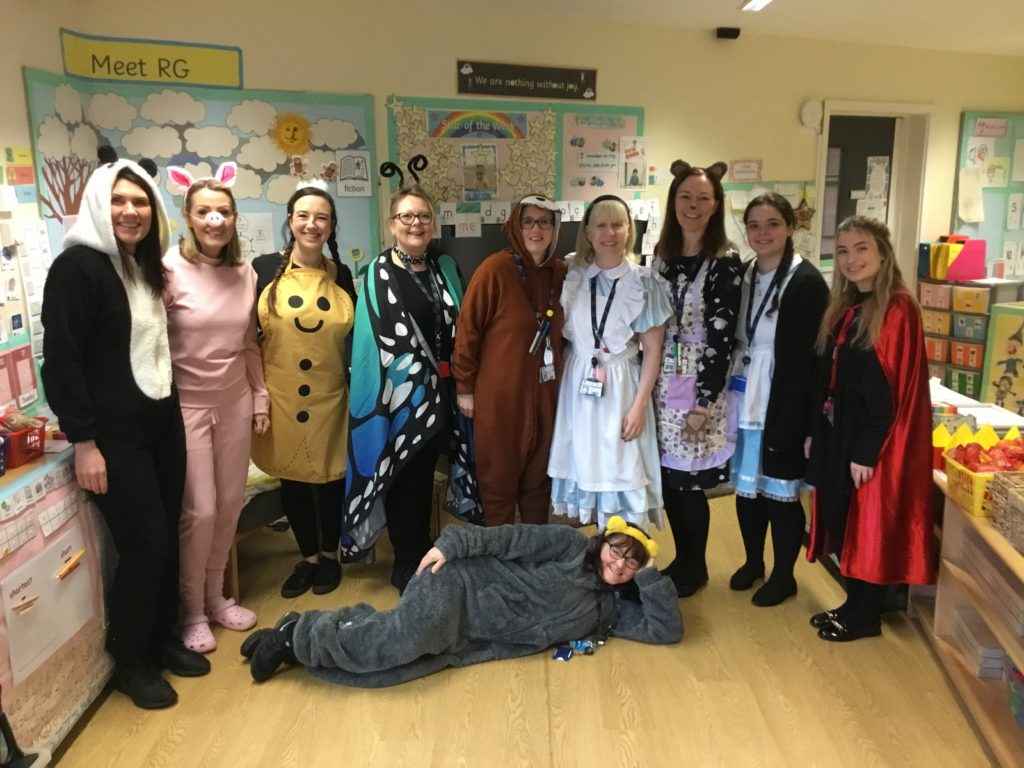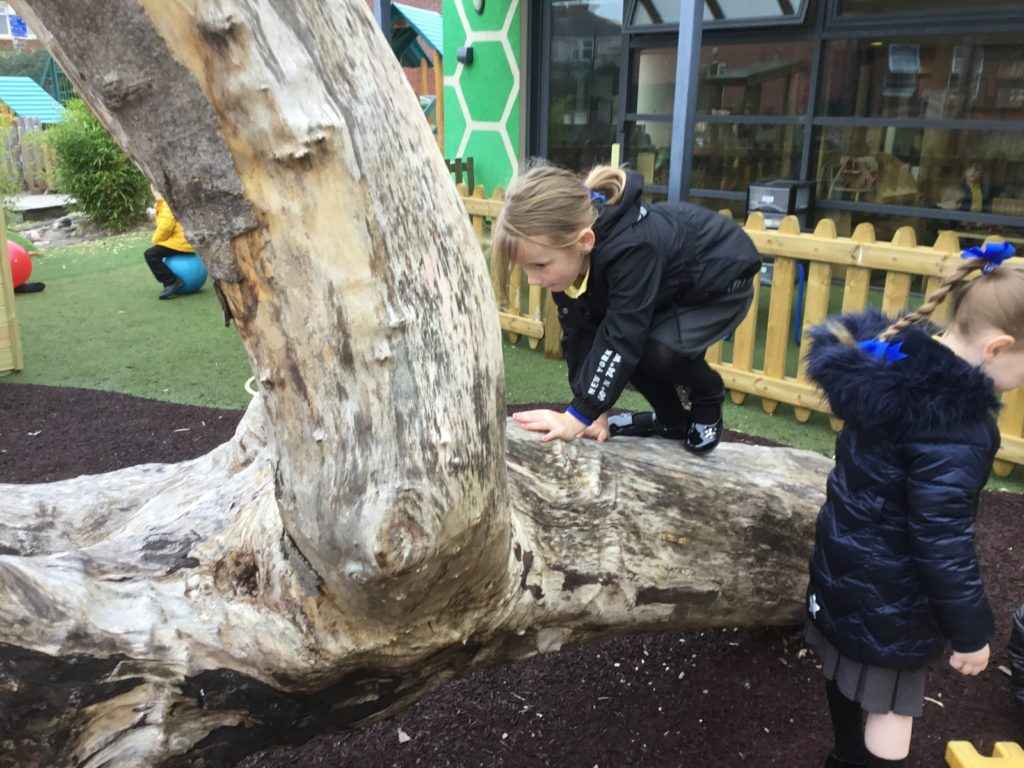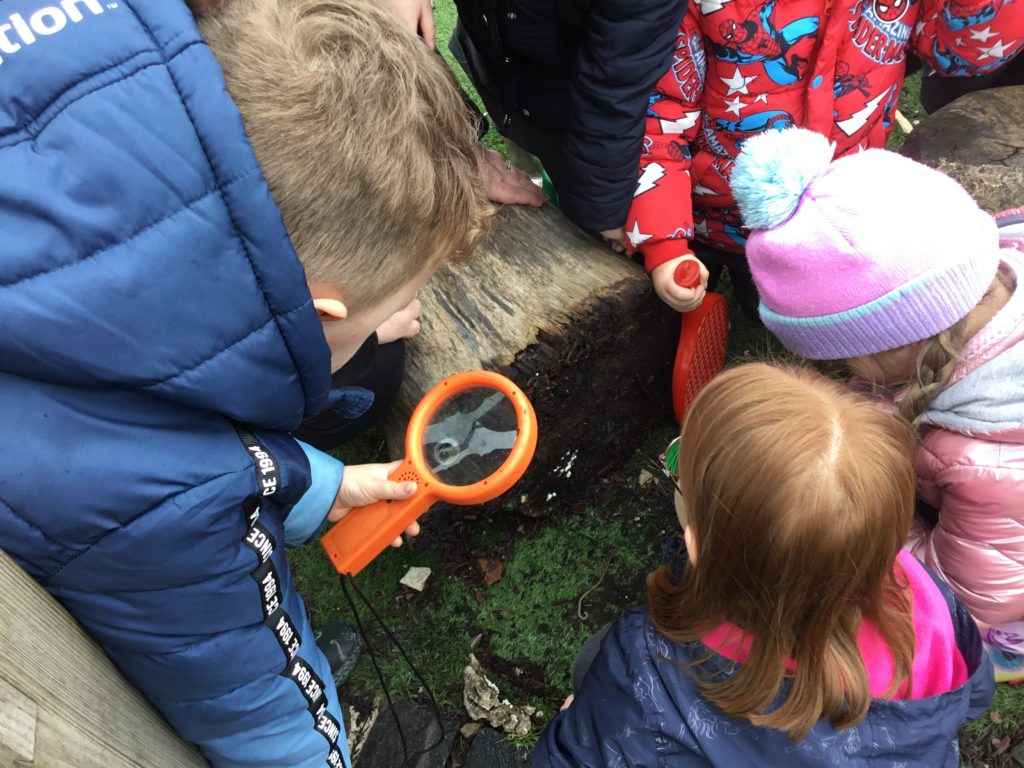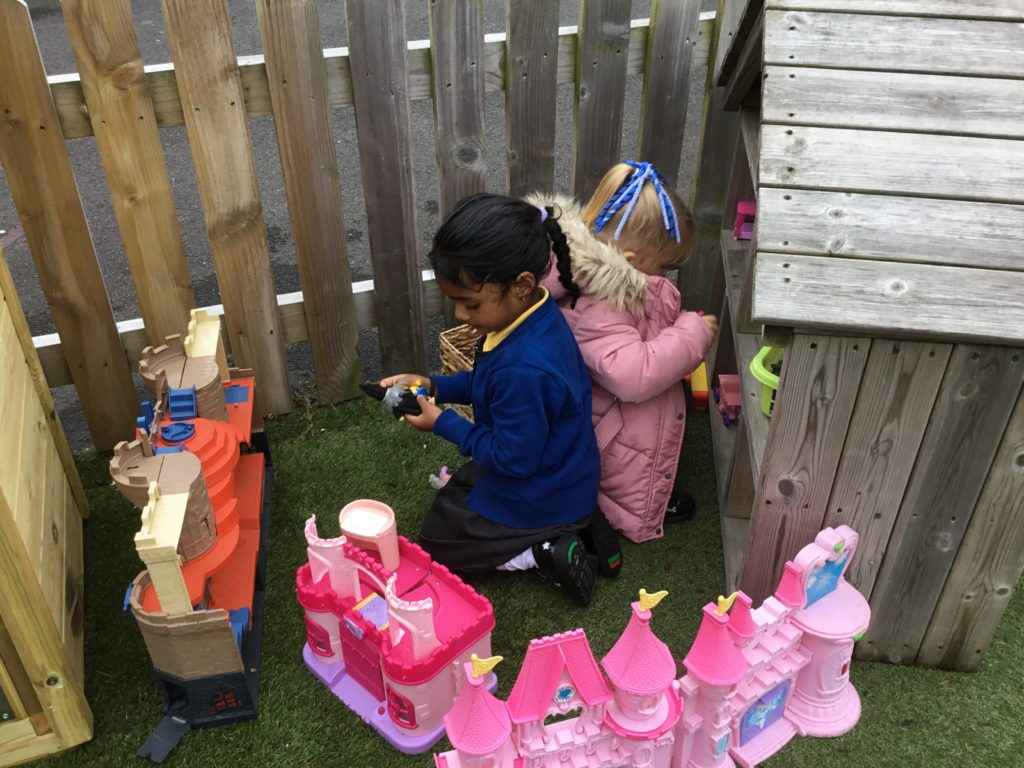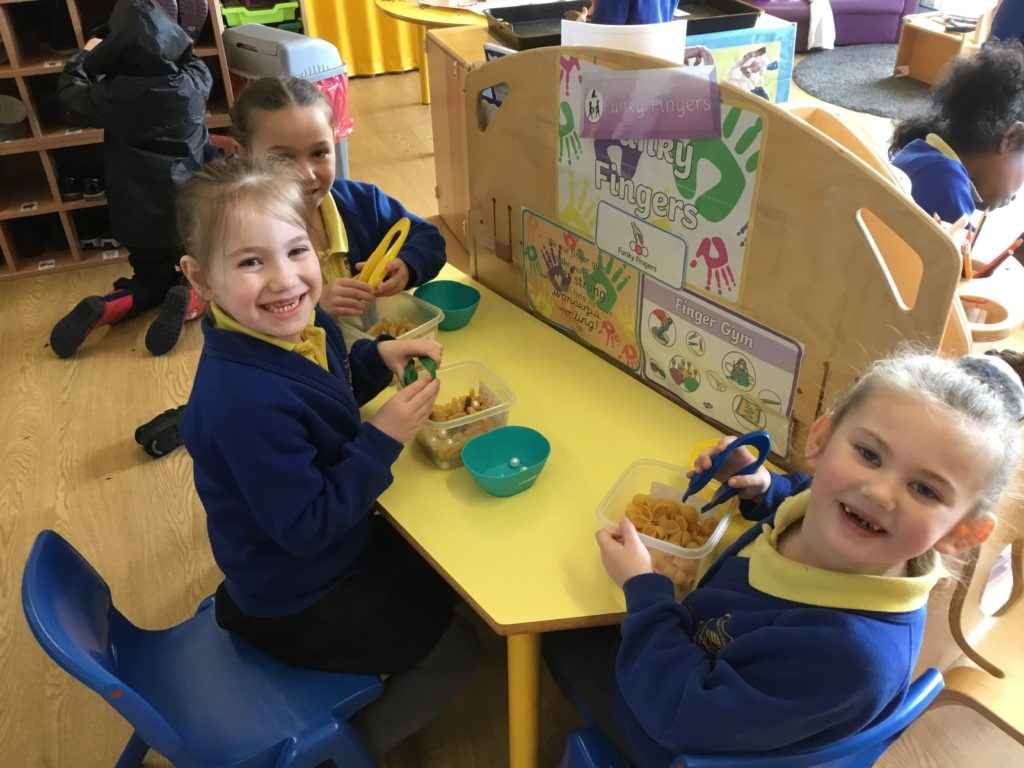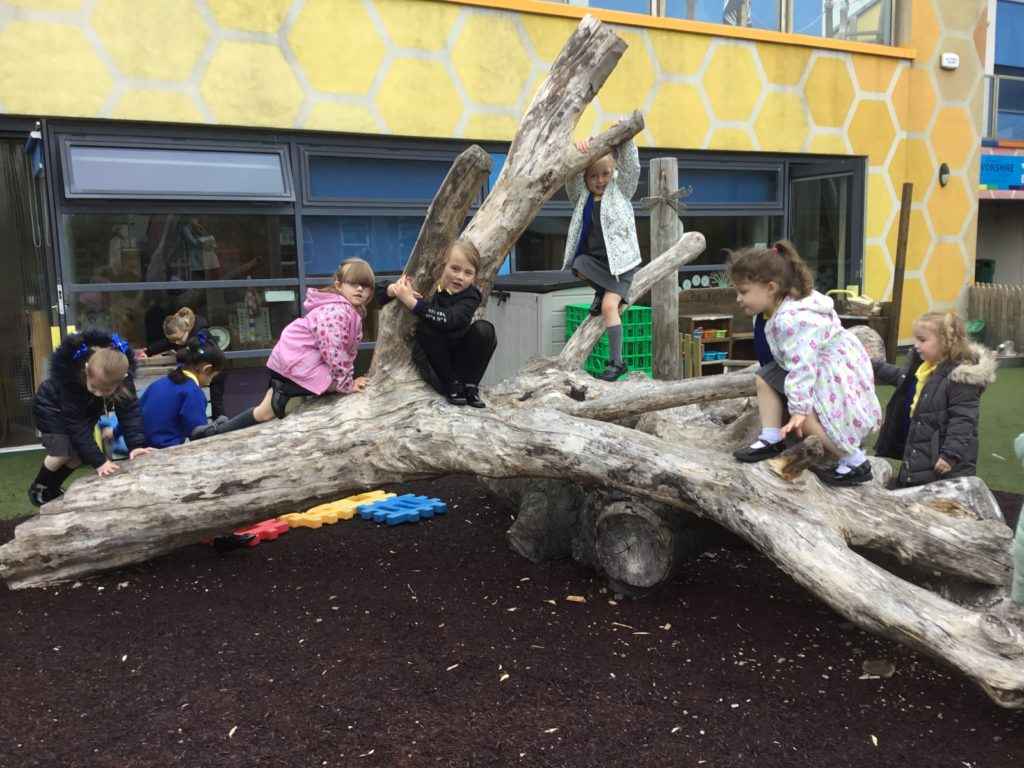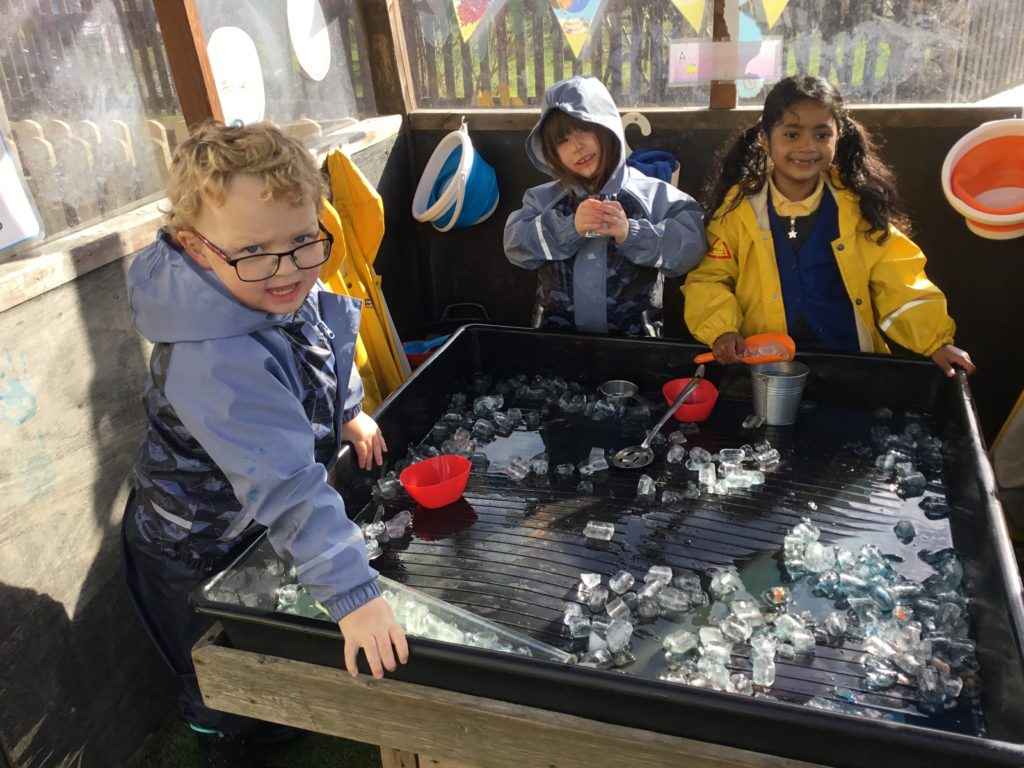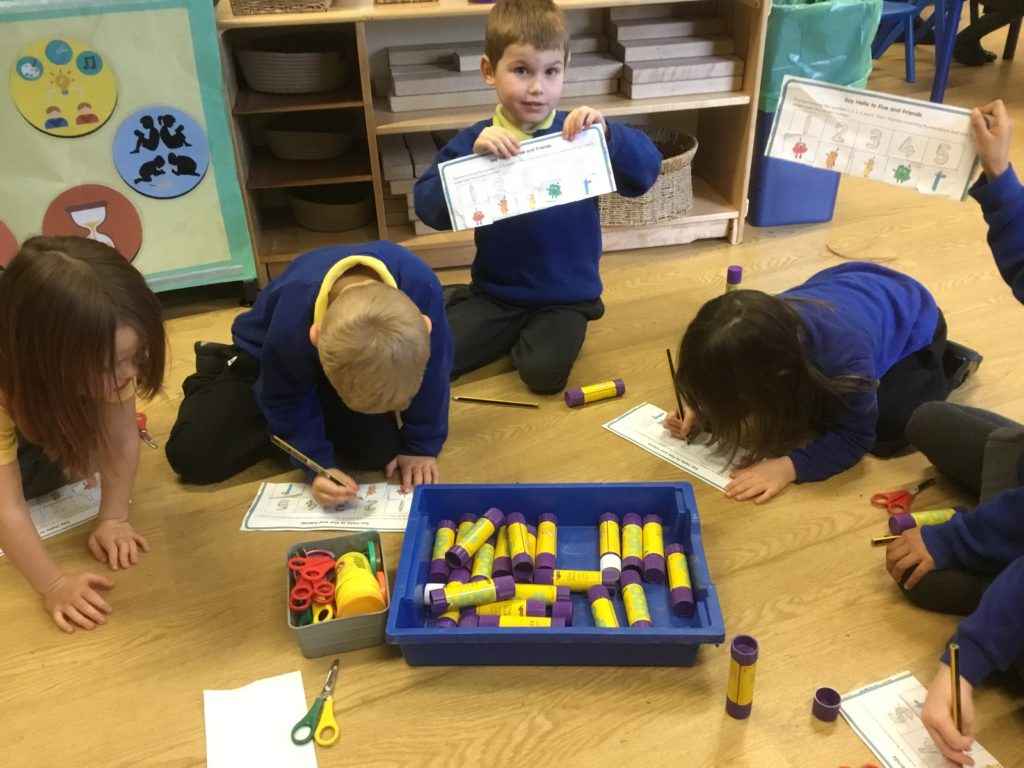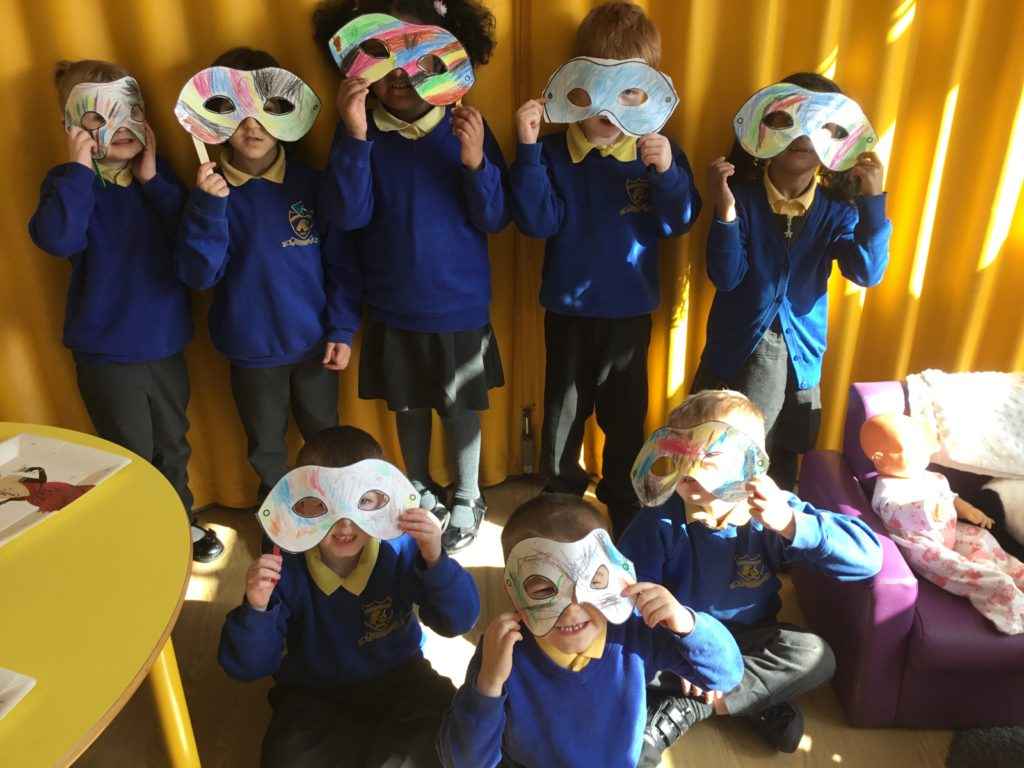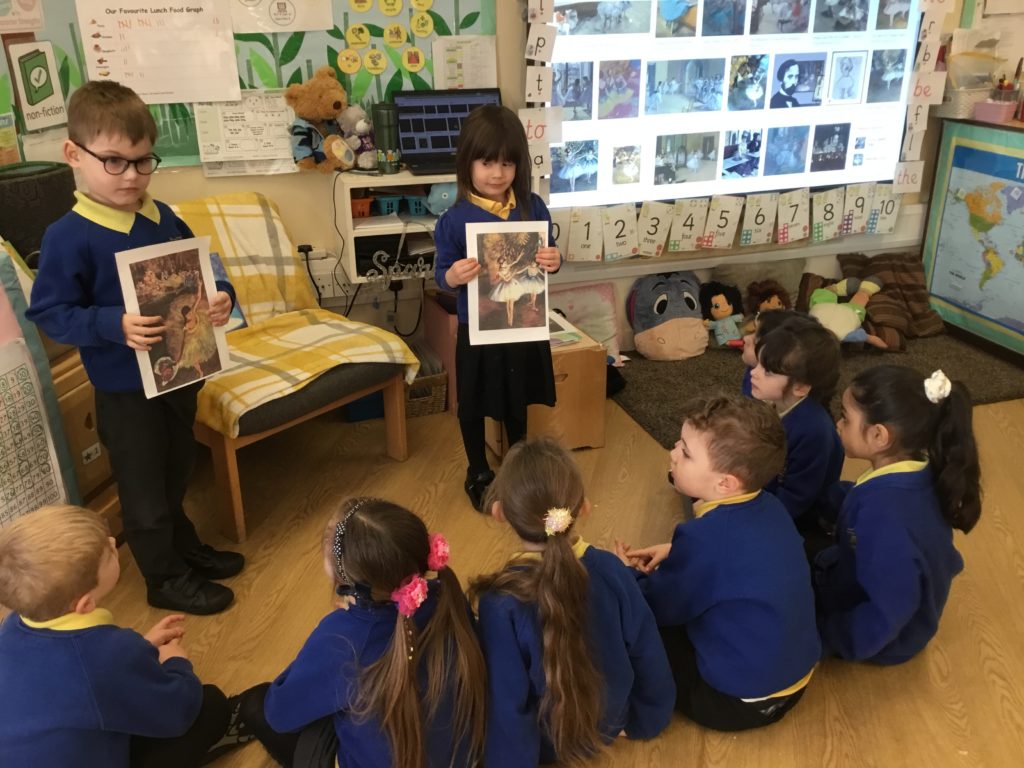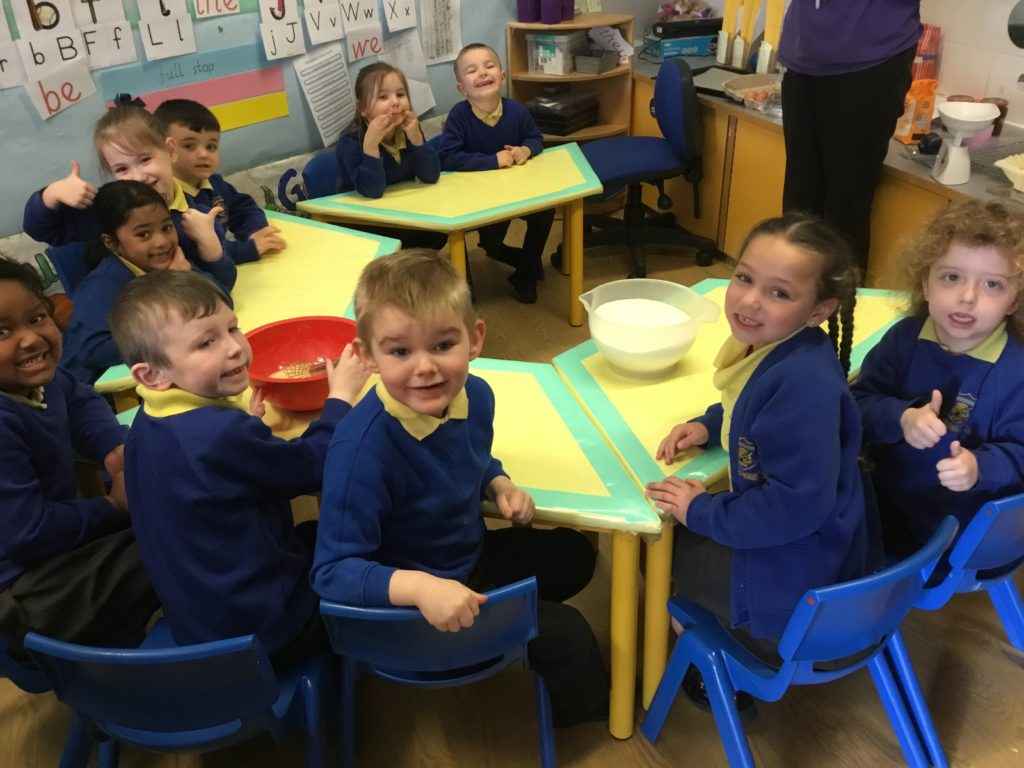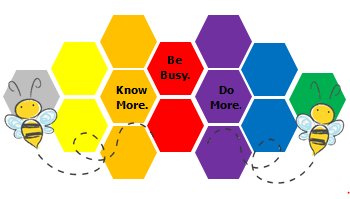EYFS
Intent
The Big Picture
Here at Devonshire Primary Academy we believe that all children deserve an education rich in wonder and memorable experiences, alongside the purposeful acquisition of skills and knowledge. We believe that an education that does all of this gives children the best chance to become well-rounded, happy individuals, ready to succeed in an ever-changing world. Our ethos is that no child is left behind and, in the EYFS, experienced early years’ practitioners work tirelessly to identify and address barriers to learning.
Our Preschool and Reception classes recognise the importance of giving our children the best possible start to their education by planning and implementing teaching and learning opportunities that supports them in reaching their full potential. We know that our children enter Preschool and Reception classes with varied life experiences and we plan teaching and learning opportunities accordingly to address this.
We acknowledge that we serve a disadvantaged community; therefore, it is imperative that our early years offer is exceptional to address the learning gap that children often have on entry to our early years.
- When they start school, children from disadvantaged backgrounds are, on average, 4 months behind their peers.
- Children that have lived through difficult experiences can begin to grow stronger when they experience high-quality early education and care.
- The disadvantage gap is particularly wide in language. At age five, there is a seventeen-month gap between the vocabulary of the most and least disadvantaged children.
Our high-quality curriculum plays a positive role in helping children to become more resilient. A child’s resilience is the extent to which they can overcome earlier, negative experiences. A key factor which helps children to overcome adversity is having at least one warm, positive and nurturing relationship. This is why, at Devonshire Primary Academy, we have a high staff to child ratio, ensuring every child forms a strong relationship with a key person and wider relationships with other adults and children.
The staff in early years have undertaken training on ‘Professional Love’, because showing children we care and are available for their needs is a key component of building a secure attachment.
Greg Bottrill’s philosophy of enabling children to be at the centre of their own development and learning is something that we feel passionate about. We strive to create a balance between direct teaching and play.
Content
Our curriculum offer meets The Statutory Framework for the Early Years Foundation Stage.
Four guiding principles should shape practice in early year’s settings. These are:
- every child is a unique child, who is constantly learning and can be resilient, capable, confident and self-assured;
- children learn to be strong and independent through positive relationships;
- children learn and develop well in enabling environments with teaching and support from adults, who respond to their individual interests and needs and help them to build their learning over time. Children benefit from a strong partnership between practitioners and parents and/or carers; and
- the importance of learning and development. Children develop and learn at different rates. The framework covers the education and care of all children in early years provision, including children with special educational needs and disabilities (SEND).
We believe in a consistent approach where each and every practitioner enjoys spending time with the children in their care. A close partnership with parents ensures we work together to provide the very best care for our youngest children.
There are seven areas of learning and development that must shape educational programmes in early years settings. All areas of learning and development are important and inter-connected. Three areas are particularly important for building a foundation for igniting children’s curiosity and enthusiasm for learning, forming relationships and thriving. These are the prime areas:
- communication and language
- physical development
- personal, social and emotional development
Providers must also support children in four specific areas, through which the three prime areas are strengthened and applied. The specific areas are:
- literacy
- mathematics
- understanding the world
- expressive arts and design
The non-statutory ‘Development Matters’ sets out the pathways of children’s development in broad ages and stages and ensures the requirements of the Statutory Framework are met. However, our bespoke Devonshire Curriculum goes beyond ‘Development Matters’ and the Statutory Framework, ensuring a sequential and ambitious curriculum which takes into account our school demographic.
‘Learning Ladders’ have been carefully sequenced from when children start preschool, through to the end of reception. These ladders focus on the skills that we want children to master, and our learning environments are planned so that the skills can be:
- Introduced
- Practiced
- Repeated
- Embedded
While the learning ladders provide us with a focus for our learning environments, the ‘Success for All’ approach is one aspect that we use to inform our direct teaching activities. Success for All is a whole day programme to develop communication, language skills, literacy, and maths.
In preschool, ‘Curiosity Corner’ provides the structure in which young children thrive. The 36 one-week Curiosity themes introduce children to a wide range of explicitly taught concepts and linked vocabulary.
In reception, the 16 fortnightly themes in ‘Kinder Corner’ introduce a wide range of engaging, exciting concepts (e.g. day and night are the result of the earth orbiting the sun). Themes build knowledge and vocabulary essential for successful comprehension in Key Stages 1 and 2.
Other direct teaching approaches used in our EYFS provision are Talk for Writing and Little Big Maths. This blended approach is based on reflective practice and research; knowing how our children learn and retain knowledge has led us to take aspects from various approaches and develop our own bespoke Devonshire curriculum.
Implementation
Approach
Pedagogy is a technical term for all the ways that practitioners help children to learn, and how they teach them. We recognise that all children are different and therefore, a variety of approaches are needed. These include:
- Creating a rich and stimulating environment, indoors and outdoors, so that children can choose their own play and activities;
- Joining in with children’s play when appropriate, and sensitively introducing challenges and new ideas;
- Setting challenges for children in a sensitive way and allowing them to find their own solutions to problems;
- Showing children how to do things (modelling) and explaining how to do things;
- Encouraging children to collaborate and learn from each other;
- Guiding children’s learning in a playful way;
- Discussing ideas with children, using skilful questioning and challenging their thinking to help them clarify their understanding of ideas;
- Commenting on what children are doing;
- Directly teaching children a new skill, concept or an important piece of information;
- Using ICT to support children’s learning, using the approaches set out above; and
- Scaffolding.
‘Learning Landscapes’ is a term we use to describe our indoor and outdoor environments and focuses on the 8L’s.
Lens (we see the children). Are they creative? Are they collaborative? Do they have innate curiosity? Are they confident?
Landscape (this is open-ended and based on skills linked to our learning ladders). Children are given the choice and freedom to follow their own imaginations.
Look, listen, learn (not interacting straight away; making space to let the children show us who they are).
Language, link up, let go (then we co-play – go in with first steps of language, talk, and conversation). We go into their world; we allow the children to lead. Then we glide away and repeat in another area of our landscape.
Effective learning landscapes are open-ended, accessible, flexible, large-scale, and skills-driven. Our landscapes are planned but only in a loose sense – an adult’s plan isn’t a child’s plan. Children don’t have to reach a specific outcome determined by the adult. Instead, learning landscapes offer an index of possibilities. They enable the children to bring their magic with them into the environment and shape it. We believe this pedagogy allows for conditions for our children to find joy, and for us, childhood should be consumed with such happiness.
Routines are crucial for supporting behaviour and give our children a feeling of security – they know what will happen while they are with us. A daily routine is embedded within our EYFS classrooms; following a predictable and consistent routine supports the children in learning how to ‘do the right thing.’ The routine followed in Preschool and Reception will differ to take account of the stages of learning but consistent language is used from the outset, enabling smooth transitions.
Our learning environments have been meticulously planned and we are incredibly proud of both our indoor and outdoor provision. We pride ourselves on our reflective nature and our environments change and adapt in response to children’s interests, observations, and changing cohorts.
Assessment
We believe that spending time with the children is the most important aspect of assessment. By being in tune with children, playing alongside them, working in small groups with them ensures a well-rounded overview of not only their academic abilities but their personality, likes and dislikes. With this in mind, formal assessments are only conducted when they have a purpose. For example, all children on entry to reception are baselined to ascertain a broad starting point, from these practitioners plan next steps for their learning which will guide planning, routines and resources.
Assessment is about individual children and their learning. It’s about knowing which children are getting on well so that they can continue to be challenged and stimulated. When a child is at risk of poor progress, barriers to learning are explored and addressed. The ethos of our early years provision is that no child is left behind, therefore, skills and knowledge are repeated over and over to ensure they are retained in the children’s long-term memory.
In the few cases where careful assessment can’t pinpoint a child’s barrier to learning, a referral will be made to the appropriate specialist service.
Practitioners know broadly where children should be at throughout their EYFS journey because of the carefully planned curriculum offer. Formative assessments are ongoing and identify when children are at risk of poor progress. A summative Early Years Foundation Stage Profile assessment is completed as children leave Reception enabling a smooth transition to Year 1.
Impact
Evaluation
Our children make excellent progress throughout their time in the Early Years Foundation Stage because of the high-quality, rich and stimulating experiences they are immersed in.
Our bespoke, ambitious, sequential curriculum is built upon a progress model. Our assessments focus on the key milestones in that model. We are sure that children are secure in what they know and can do before introducing them to something new.
Our curriculum ensures all children have experiences and opportunities to acquire the essential knowledge leading to a cultural capital which will prepare them for future success. Most importantly, children are happy and joy is evident in our EYFS environments.

